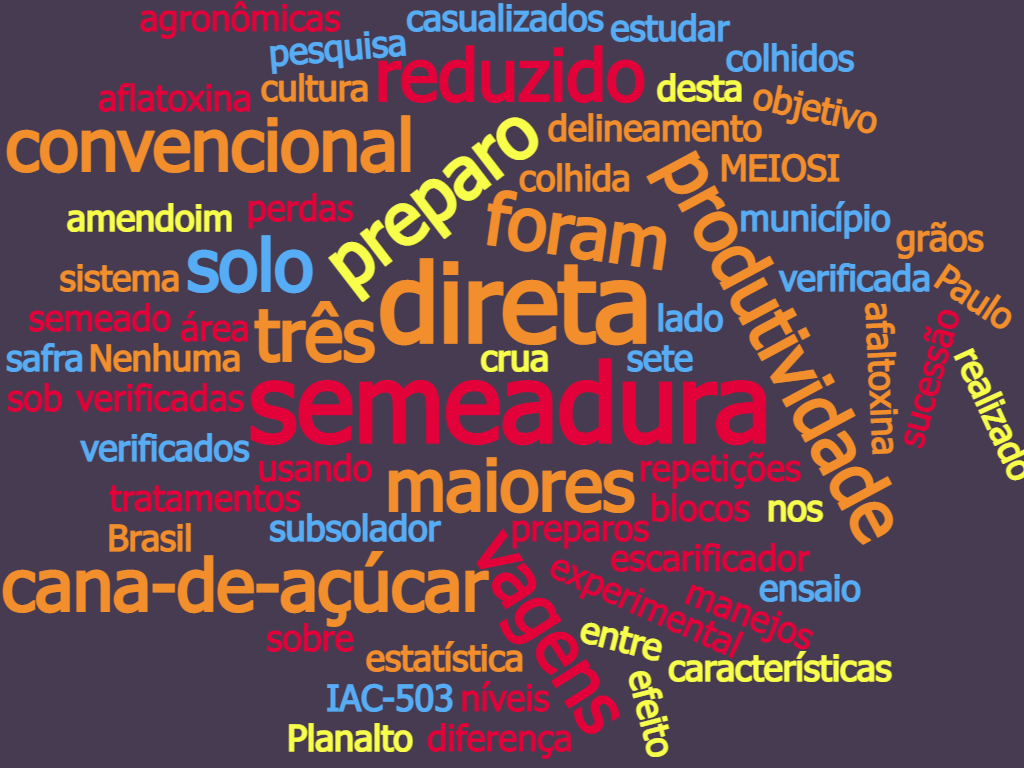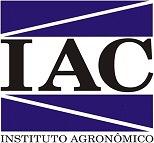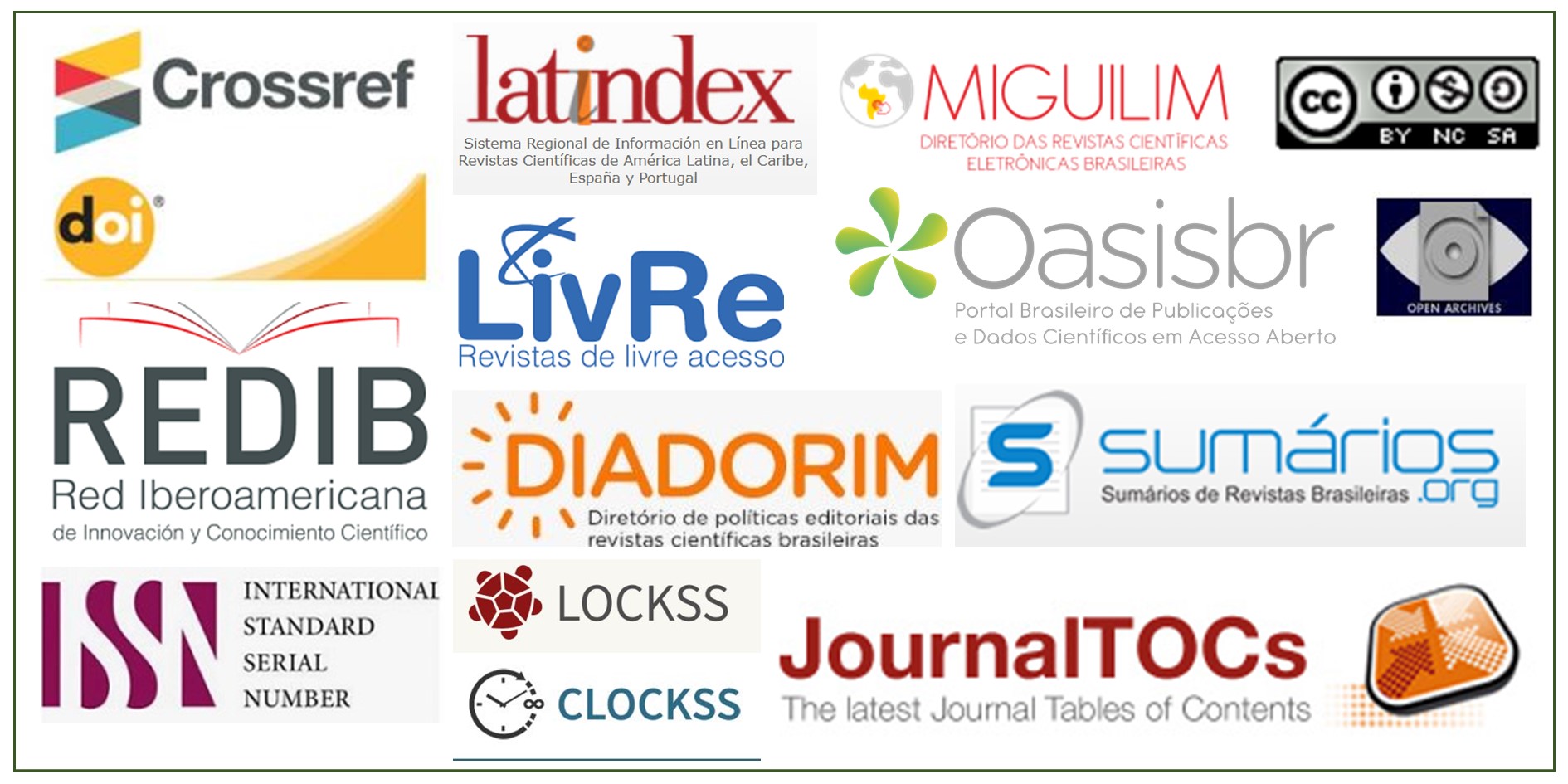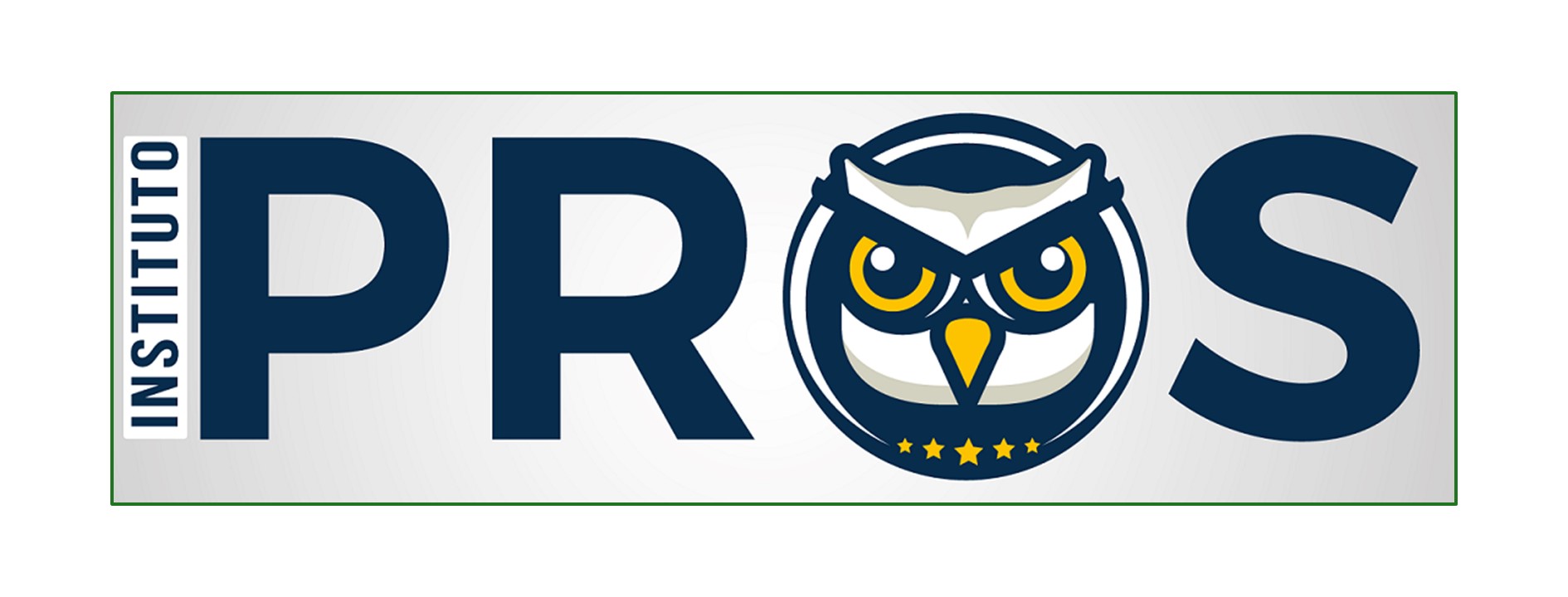Pod yield and aflatoxin in peanut cultivated in different soil tillage under sugarcane renovation in the MEIOSI system
DOI:
https://doi.org/10.52755/sas.v2iedesp1.136Keywords:
Arachis hypogaea L, no-tillage, chisel, pod lossAbstract
The objective of this research was to study the effect of three soil tillage: conventional, reduced and without preparation (no-tillage) for peanut cv. IAC-503 cultivated in rotation with sugarcane by the MEIOSI system, on agronomic characteristics, yield, aflatoxin in harvested kernels. The trial was carried out in the 2020/2021 growing season at Planalto city (São Paulo, Brazil) under a green harvest sugarcane field, using a randomized complete block experimental design, with three soil tillage (conventional, reduced with chisel and no-tillage) and seven replications. Â No statiscal difference was verified for pod yield among treatments. On the hand, reduced tillage showed the highest amount of pod loss and no-tillage the highest level of aflatoxin levels.
Downloads

Downloads
Published
How to Cite
Issue
Section
License
Copyright (c) 2021 Olavo Betiol, Rodrigo Valochi, Marcos Doniseti Michelotto, Carlos Eduardo Angeli Furlani , Denizart Bolonhezi

This work is licensed under a Creative Commons Attribution-NonCommercial-ShareAlike 4.0 International License.
Autores concordam com os seguintes termos:
a) Os autores mantêm os direitos autorais e concedem à revista o direito de primeira publicação, com o trabalho simultaneamente licenciado sob a LicençaAttribution-NonCommercial-ShareAlike 4.0 International, que permite o compartilhamento do trabalho com reconhecimento da autoria e publicação inicial na Revista SAS. A licença permite o uso, a distribuição e a reprodução irrestrita, em qualquer meio, desde que devidamente citada a fonte. Essa licença permite também que outros remixem, adaptem e criem a partir do seu trabalho para fins não comerciais, desde que atribuam a você o devido crédito e que licenciem as novas criações sob termos idênticos.
b) Não cabe aos autores compensação financeira a qualquer título, por artigos ou resenhas publicados na South American Sciences.
c) Os conceitos expressos nos artigos publicados na South American Sciences são de inteira responsabilidade de seus autores.








